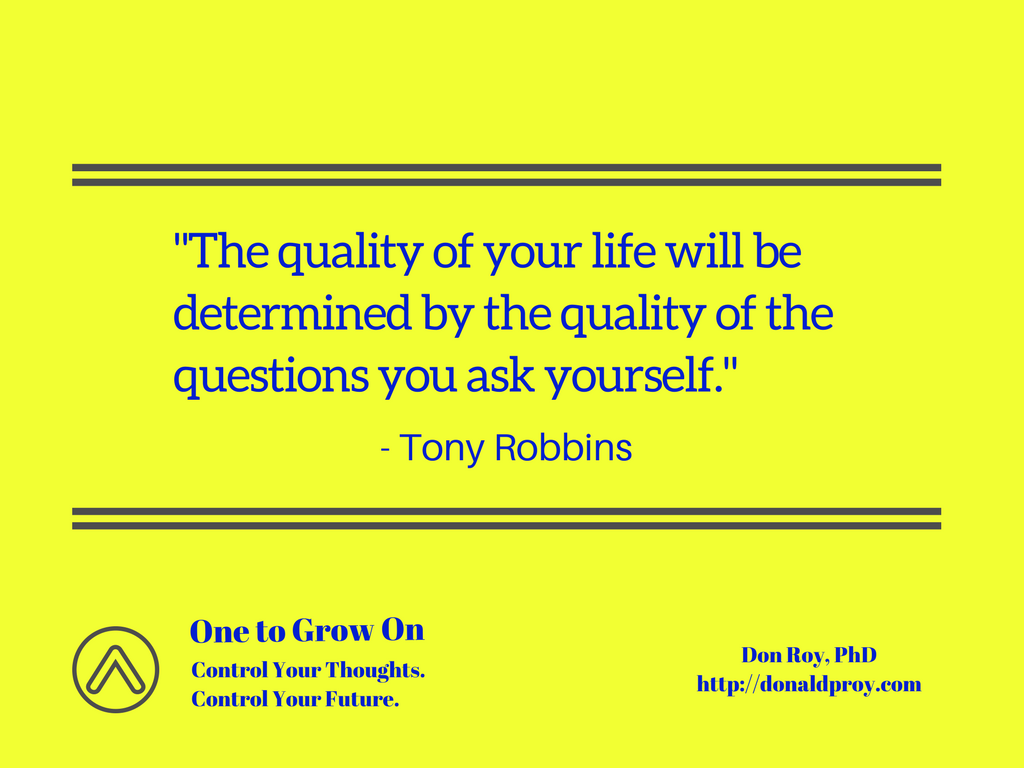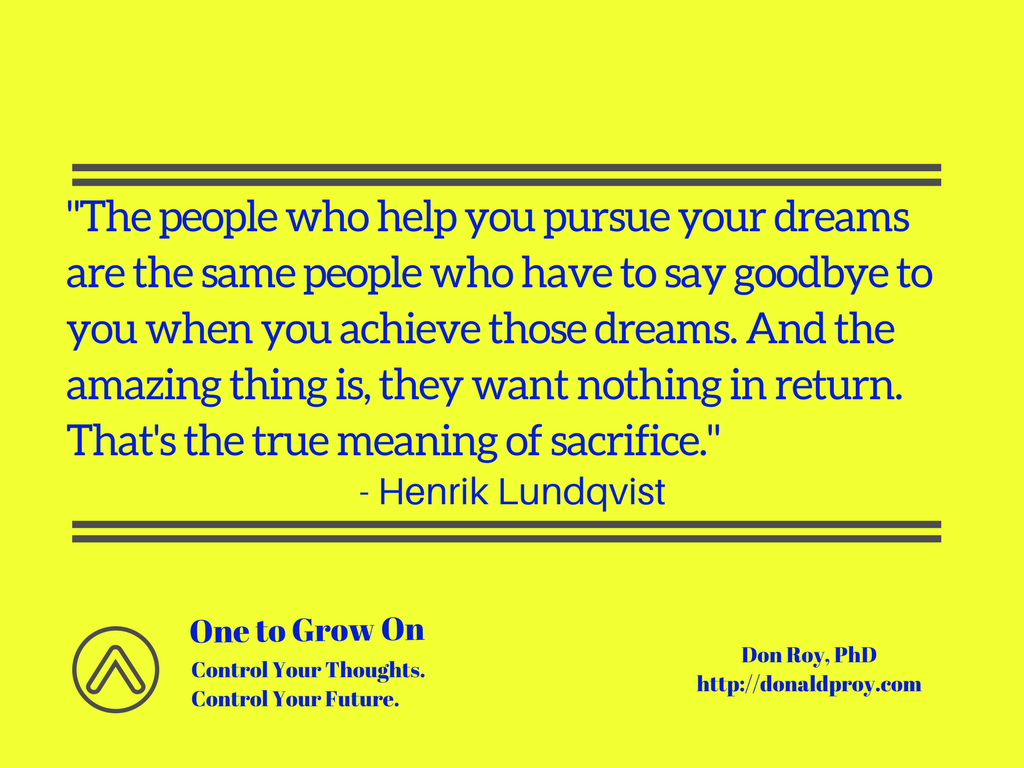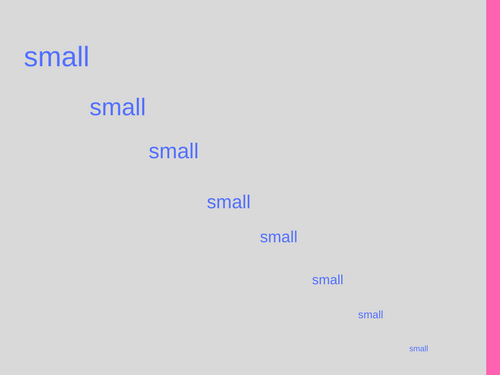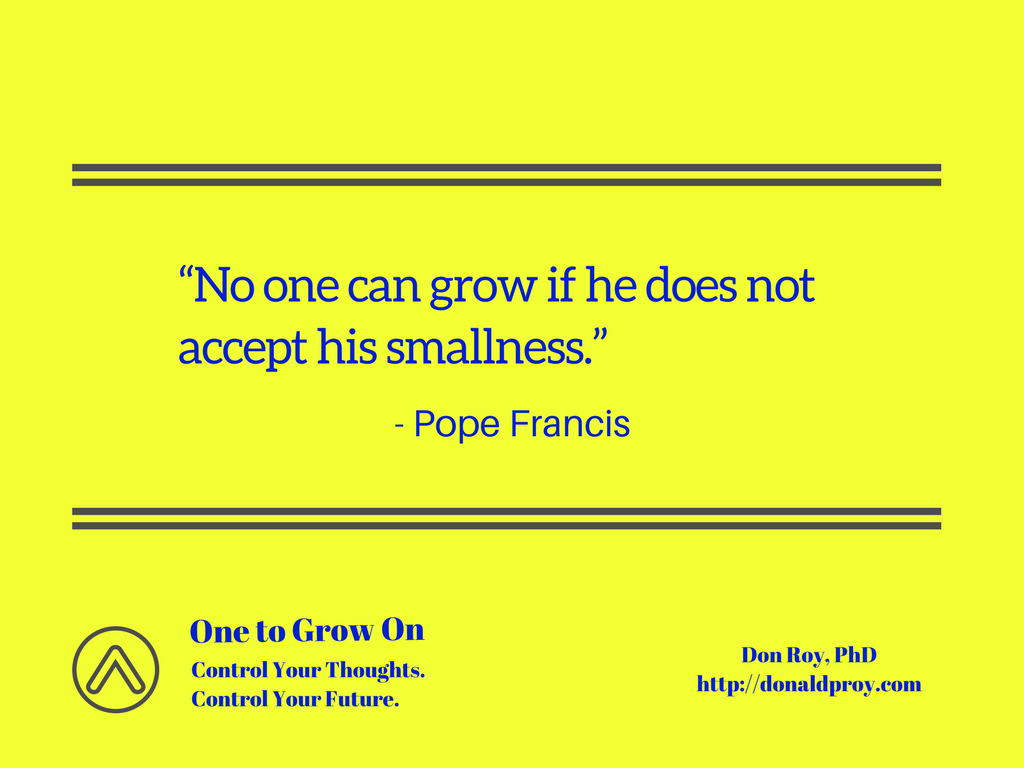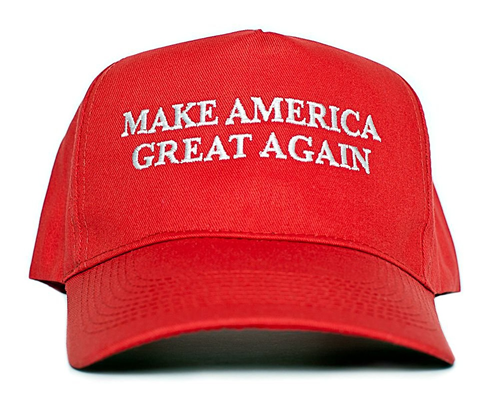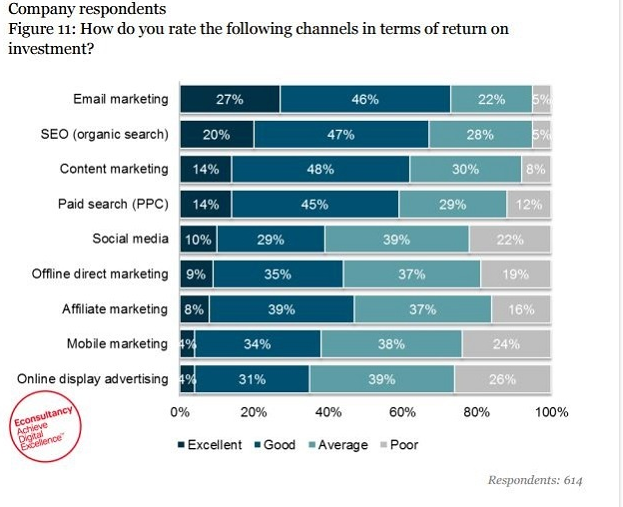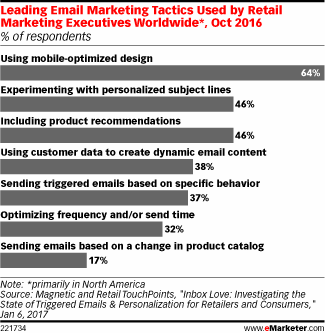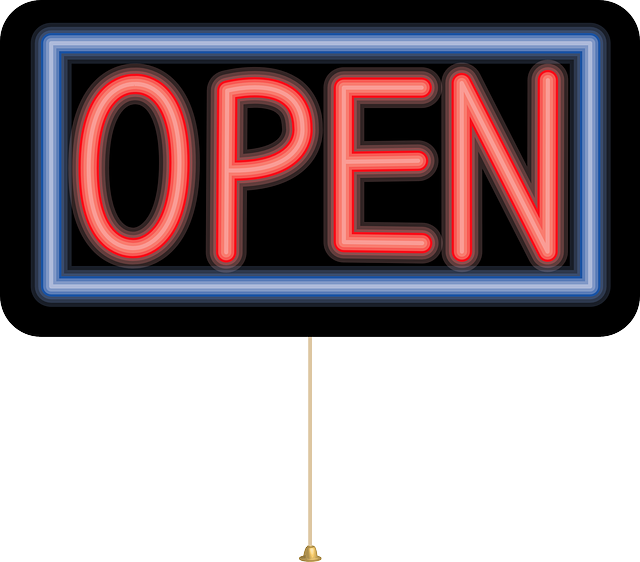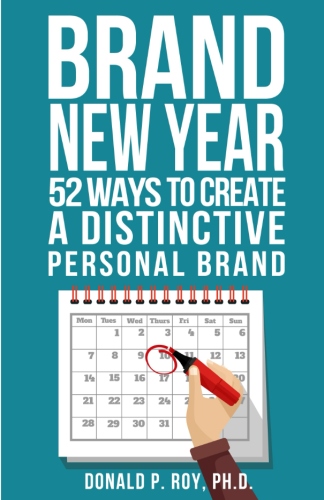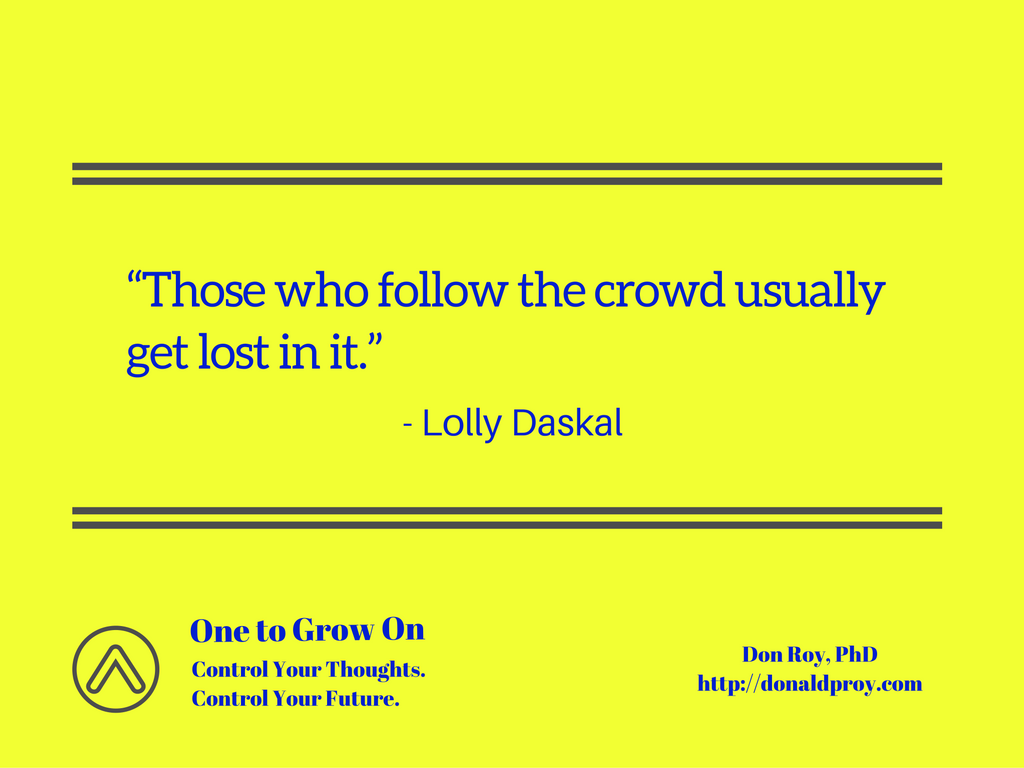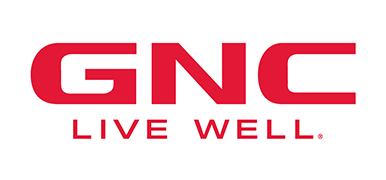Acceptance is a basic human need. Psychologist Abraham Maslow proposed love and belonging (i.e., having relationships with others) as being one of five types of needs we strive to meet. In Maslow’s hierarchy, these social needs sit squarely in the middle, pursued once physiological and safety needs are met. When we are satisfied with relationships and acceptance from others, we are freed to pursue higher level needs: esteem (feeling of accomplishment) and self-actualization (achieving one’s full potential). Please don’t leave; the psychology less is now over!
I share a brief review of Maslow’s Hierarchy of Needs with you because it has implications for personal branding. Our pursuit of fulfilling the need to belong and feel loved could lead us to try casting a wide net. At an extreme, you want everyone to like you. Forget that extreme—everyone will not like you or me. Once we embrace this marketing fundamental we can focus on creating value for the people who matter most.
Hit the Target
Identifying a target market is a default marketing strategy. That means targeting is not a question of should you do it but rather how should you do it. If that is disheartening to you, think about it— a brand cannot be all things to all people. When it comes to product brands, even highly successful products and services do not appeal to everyone. For some people, the price is too high. For others, they do not see the brand’s image as being compatible with their self-image. Yet others do not like a brand because of negative information held in memory, whether it be from first-hand experience or word-of-mouth. I could go on to create a lengthy list of reasons people do not buy a particular brand, but you get the point.
Free yourself from trying to be a brand for everyone. Instead, focus on serving a target market. By definition, a target market is a group of people most likely to be interested in what you have to offer. Knowing your target market is important because it enables you to make two important decisions:
- How to best utilize your talents to create value through your work, content creation, volunteerism, and other ways you have impact.
- Gives direction on how to allocate two precious resources, time and money, to serve other people.
When you embrace serving a specific target market, it will give you clarity in how to use your resources. More importantly, you will feel less pressure to try to please everyone.
Finding Your Target
Understanding the benefits of serving a defined target market is one thing, figuring out what that market is can be a more daunting task. My favorite approach for determining your target market is to ask three questions that give insight into the people you serve. They are:
- What benefit or unmet need can I help people realize or fulfill?
- What are the personal characteristics of people I can help (i.e., age, profession, geographic area, life situation, etc.)?
- What are the best communication channels to reach and engage these people?
Effective marketing involves asking questions, lots of them. Defining your target market is no exception. Ask questions about the people you serve, and you shall receive clarity on your target market.
Take a Stand
Creating a distinctive brand entails taking a stand to be the real you. It is this choice that will turn off some people from your brand. For example, Gary Vaynerchuk is known for having one of the most powerful personal brands in marketing and social media. His direct, sometimes profane delivery at the same time attracts and repels. People turned off by his style can go elsewhere to consume and learn. Gary will do just fine without them. Why? He has clear answers to the three questions about the people he serves. Gary creates value for those people; his message resonates with them.
Taking a stand means you will have non-fans, detractors, and even haters. The alternative is indifference because your brand does not elicit reaction. The former is preferred to the latter. Don’t let a quest to gain acceptance dilute your convictions. Stay true to your brand.



